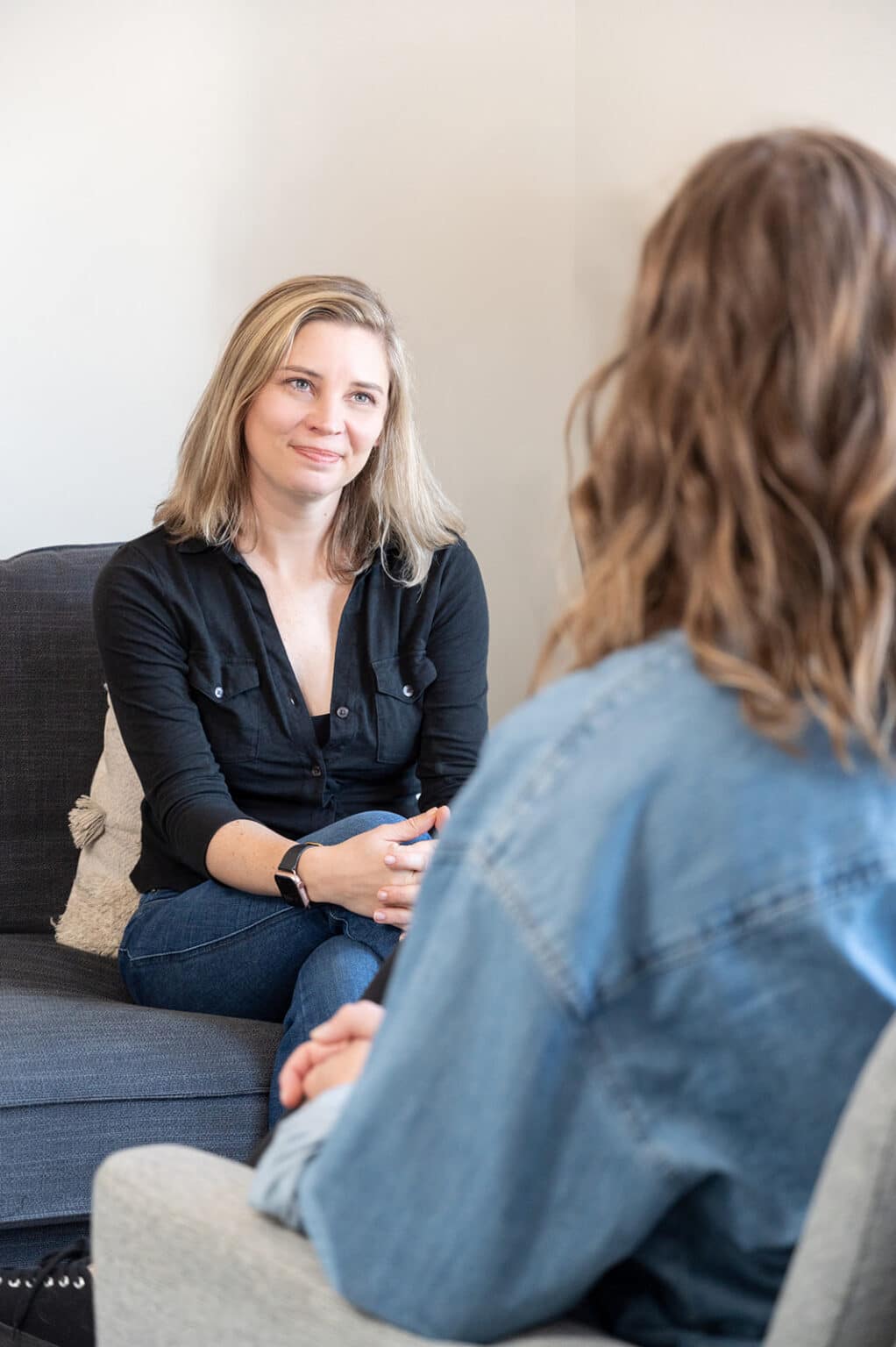FINDING THE RIGHT THERAPIST
Not all therapy looks the same—and that’s a good thing. Therapists come with different styles, and knowing what works best for you can make a big difference.
We’ve heard and experienced ourselves that looking for a therapist is confusing.
There are so many terms and words, and some therapists seem to be experts while others are more go-with-the-flow. How do you know what to look for?
We think it’s helpful to use an analogy to break down your options a bit more. Think of some therapists as trained pianists, some as jazz musicians, and some as a bit of both.
Therapy by the book
Some therapists — the concert-trained pianists — stick to one main approach. They follow a clear method, whether it’s Cognitive Behavioral Therapy (CBT), Solution-Focused Therapy, or something similar. They often have a plan, tools, and specific goals for each session.
If you like knowing what to expect and want help solving a particular issue, this can be incredibly helpful. Think of it as therapy with a schedule. You’ll likely work on identifying patterns, building skills, and measuring progress over time.
These therapists are often very organized, and their sessions have structure and direction. You might leave each appointment with things to try or reflect on.
If this sounds like what you want, keep an eye out for therapists who use CBT, solution-focused therapy, and describe their style as structured or evidence-based.


letting you lead the way
Other therapists take a more flexible, client-centered approach—these are the jazz musicians.
This is common in humanistic or integrative therapy. Instead of following one set method, they adjust how they work based on what you need in the moment. They might draw from different techniques—like mindfulness, narrative therapy, or even a bit of CBT—depending on the situation.
Oftentimes, you’ll be talking about a topic and won’t know you’re being therapized, as the therapist isn’t saying “And now I’m going to give you this self-compassion technique,” but rather weaves it into the conversation.
In these sessions, the therapist focuses more on your experience than on following a system. You set the pace, and your relationship with the therapist plays a big role in the process. It’s less about fixing and more about exploring, understanding, and growing.
The levity approach
So, which approach is better? Honestly, neither.
It depends on what works best for you. Some people feel comfortable with structure and clear goals.
Others need space to talk, think, and feel without pressure. And some want a little of both. Oftentimes, needs change as therapy evolves.
We at Levity Counselling think of ourselves as jazz musicians in general, with some of us more jazzy than others. Some of us only do jazz, whereas our team members, Kayla and Jess, more seamlessly move between some structure and some flow.
Whether you’re looking for guidance with a clear plan or someone who can meet you where you are and adapt, there’s a therapist out there who can help.
Want to find a therapist that fits your style? Check out our therapist profiles and book a consultation or first session today! We’d be happy to talk to you about our therapy style and what might work for you.
We understand reaching out takes effort. We try to make it as simple as possible. Send us an email, book a session using the link at the top of this page, review our Contact page – there is truly no wrong way to get in touch with us! And we aim to get back to you within 24-48 hours, because we know the wait can be a drag.
Let us know how we can help you!